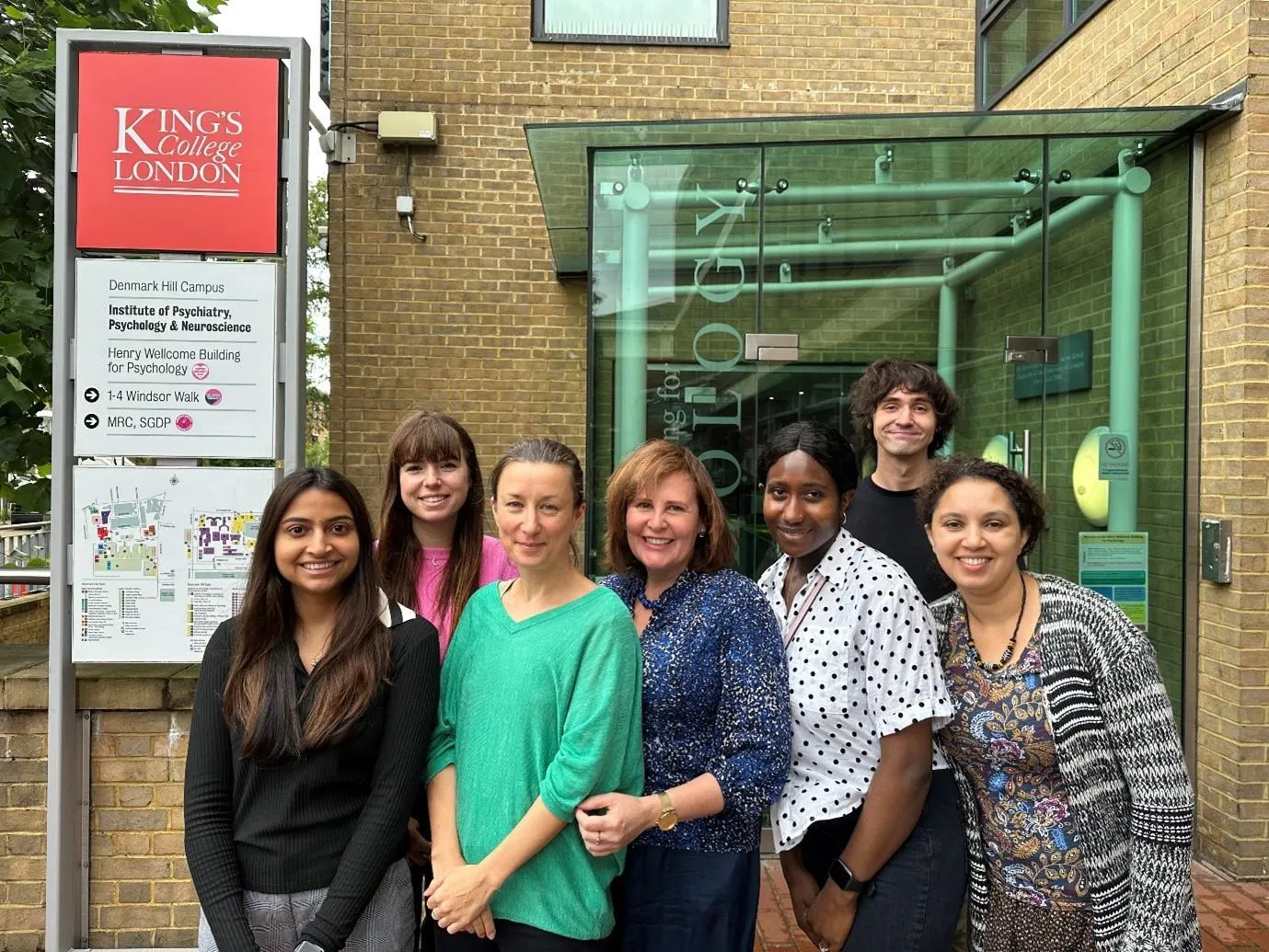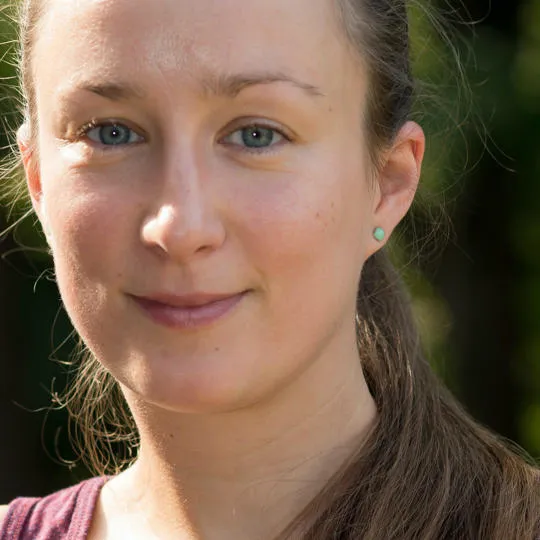The Cognition in Emotional Disorders and Resilience (CEDAR) group is led by Professor Colette Hirsch and Dr Fran Meeten. It comprises of post-doctoral researchers, clinical and health psychologists, research clinicians, research assistants, PhD, Master’s, and undergraduate students. It is based in the Department of Psychology of the Institute of Psychiatry, Psychology & Neuroscience at King’s College London.
We conduct research into anxiety, depression, and repetitive negative thinking, both within clinical and non-clinical populations, as well as at the interface between physical and mental health. Our work also focuses on understanding the mechanisms that foster resilience and using this information to develop new ways of supporting people to build resilience.
Anxiety disorders affect 264 million people a year and depression 322 million globally, and rates are increasing. Anxiety and depression are also amongst the top ten causes of years lost to disability worldwide.
Cognitive behavioural therapy is the psychological treatment of choice for these disorders, but they are not effective for everyone. Our team have been focusing on the development of new digital therapeutics that target key mechanisms that predict and maintain anxiety and depression.
Repetitive negative thinking (RNT) such as worry, and rumination predicts and maintains anxiety and depression. Importantly, RNT, anxiety and depression are all maintained by a tendency to draw negative conclusions from uncertain/ambiguous information (interpretation bias), but people without anxiety or depression are more likely to generate positive interpretations.
Our new digital therapeutic, Learning Effective New Strategies (LENS), can be used to train people to make more positive interpretations. It is a theory-driven, accessible, web-based interpretation training intervention, that can be completed at home at a convenient time. LENS reduces RNT, anxiety and depression. We are now extending this work through the RELAX and REGAIN research studies.
A second research area in the CEDAR group examines the bi-directional processes between body and mind in the treatment of RNT. We are interested in better understanding how using specific breathing techniques know to calm body states, may also affect our mental state. We are beginning to explore this research are in the HEARTMIND study.

Pictured right to left: Yogini Sawjani, Jessica Steward, Fran Meeten, Colette Hirsch, Toni, David Spalding and Brittannia Volkmer.


